“We’re stuck between a rock and a hard place”
BVH shuts down two Moderate-Severe Special Education classes
The hallways of the 700’s buildings are barren after two Moderate-Severe Special Education classes had to be shut down.
January 21, 2022
On Jan. 19, Bonita Vista High (BVH) shut down two Moderate-Severe Special Education classes due to positive COVID-19 cases among staff and students. Up to 10 healthcare providers and eight teachers had to stay home as per COVID-19 protocol. Additionally, these classes had to be cancelled from Wednesday, Jan. 19 to Friday, Jan. 21. The following week, students came back on campus with temporary Instructional Assistants (IA) leading the classes.
“We felt that we were so short staffed with both teachers and instructional health care [providers], that we couldn’t ensure a safe environment. We made that executive decision to close down those two programs for the remainder of the week, just to make sure that the students are safe,” Principal Roman Del Rosario Ed.D said.
During the 2020-2021 school year, Moderate-Severe special education classes continued to meet in person. Moderate-Severe teacher and Department Chair for Moderate-Severe special education Darci Comer-Davies opened her classroom for the after school cohort in November of 2020. Monday through Thursday Comer-Davies would teach online. In the afternoon, students would be dropped off at school where they would meet for an after school program. The class was able to avoid COVID-19 for almost two years until now.
“Once we got it [COVID-19], it just went through the whole class. Whether you were vaccinated or not vaccinated, everybody in the classroom got it,” Comer-Davies said. “We had to make that final executive decision and let the admin know. Then the admin had to ask the Superintendent and the Director of Special Ed to shut it down.”
The Moderate-Severe Special Education program is self-contained, meaning students do not move to different teachers and classes. Students are taught by the same teacher throughout the day and are largely reliant on their healthcare provider.
“They’re with the one teacher all day. So it’s not like they can go to another teacher if that teacher fell ill,” Special Education psychologist Manuel Paul said.
Moreover, their unique curriculum makes it difficult for the Special Education program to shift to hybrid learning, as other BVH classes have done when teachers become ill. The Special Education program involves activities that require social interactions with many people, a curriculum that’s proven to be difficult to uphold through online instruction.
“One of the classes [is] called a transitional class. The curriculum for students is to be out in the community; they go to a job site, like CVS or Sprouts, and help out around there. So it’s really difficult to be able to do [these activities in hybrid learning],” Del Rosario said.
Through last year’s distance learning, Moderate-Severe classes were able to hold online classes. However, last week Comer-Davies’ COVID-19 symptoms proved to be a roadblock in connecting with her students online.
“This COVID variant is making us so fatigued [that we] can’t do anything. This class takes so much energy to be excited [and get] the kids going,” Comer-Davies said. “I wasn’t able to do that last week online. I just had no energy and you need energy in this class.”
Staff and students in the Moderate-Severe Special Education program work very closely with one another. Students are heavily reliant on the assistance of their healthcare providers to help them achieve their vocational, adaptive and behavioral goals, according to Paul. Regardless of a single student testing positive, “every single student in the class” was affected.
“We have five one-on-one students, which means it’s like one adult towards one student,” Comer-Davies said. “Some kids have to wear diapers and things like that. And it takes two people to change so, you can’t leave the kids alone.”
This week, the classes have been taught by several different substitute IAs and other available staff members on campus. BVH is working to ensure a safe environment for classes to be fully up and running after almost one and a half weeks of being shut down.
“They pulled some IAs from other classrooms but most of the people should be back on Monday. And we’ll be going strong again,” Comer-Davies said.
Comer-Davies plans to celebrate when she returns. She expresses great eagerness to see her students and fellow staff members again. During the week-long shut down they had to miss out on group discussions–a significant part of the moderate-severe curriculum that offers guidance to students during difficult times.
“We do a lot of whole group instruction… to find out how they’re feeling or what’s going on with them,” Comer-Davies said. “They know that if they have a problem they trust us so much that they can come and talk to us.”
COVID-19 has caused a very rocky start to the second semester for the Special-Education program, but Comer-Davies hopes to stay away from “any more outbreaks.” For the Special Education program, the days between Jan. 19 to 28 have shown the extreme effects the pandemic can have on the Special Ed program through these class closures.
“We’re very, very highly impacted due to the [COVID-19] surge. It wasn’t just an isolated case of just one or two teachers, it spread like wildfire throughout the special education department,” Paul said. “We’re stuck between a rock and a hard place.”
This article was updated on Jan. 31.

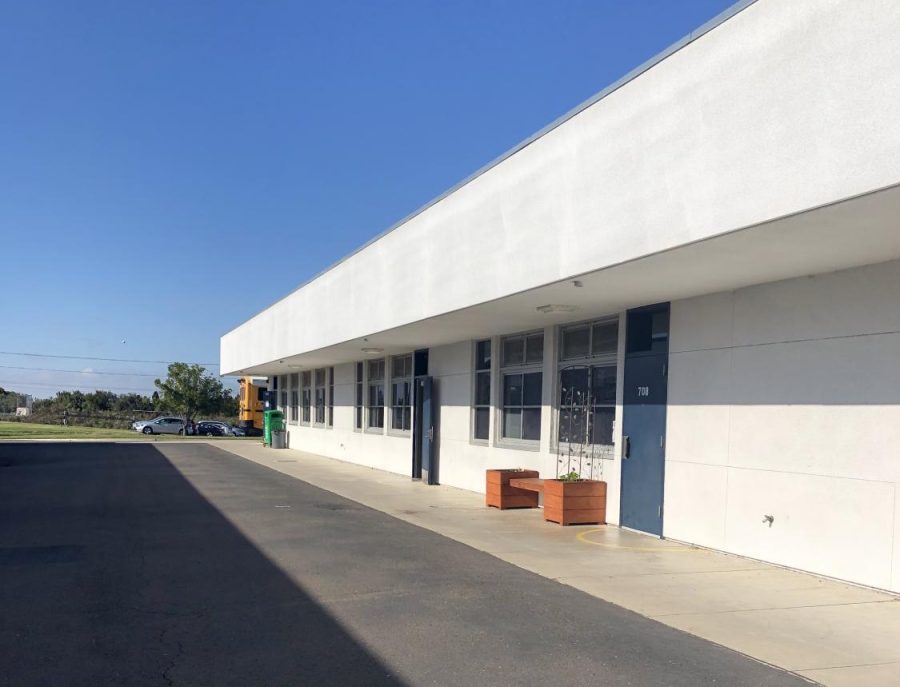
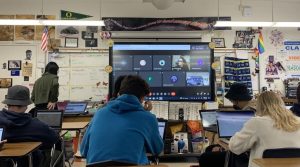
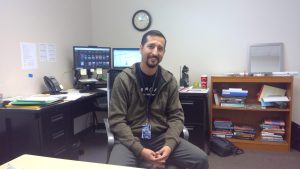
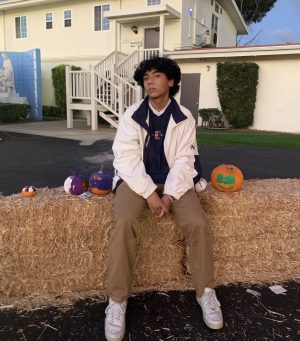

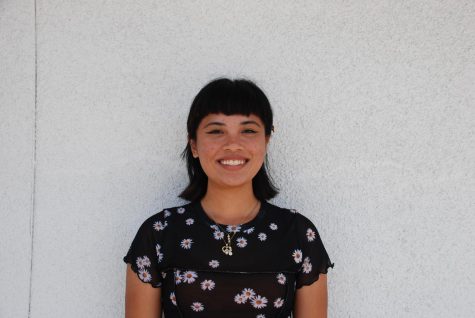
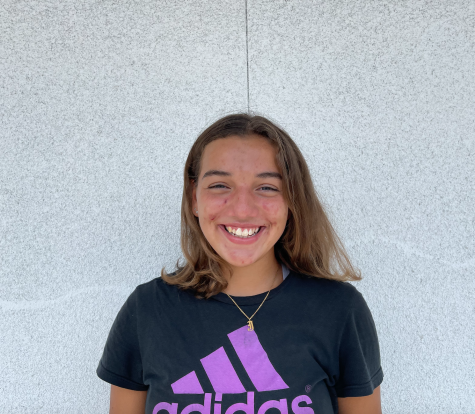
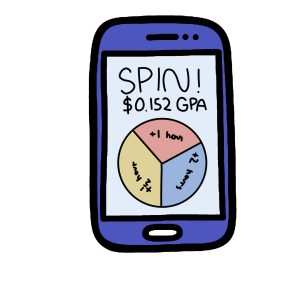

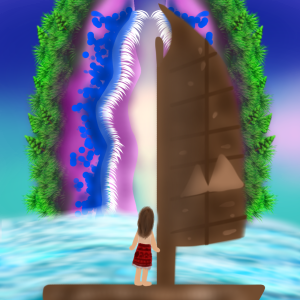
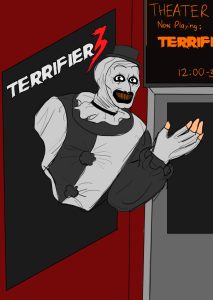

Eric Helle • Jan 31, 2022 at 10:03 am
Ms. Sunga, thank you for your sensitive, principled reporting on the recent cancelling of Moderate-Severe Special Education classes.